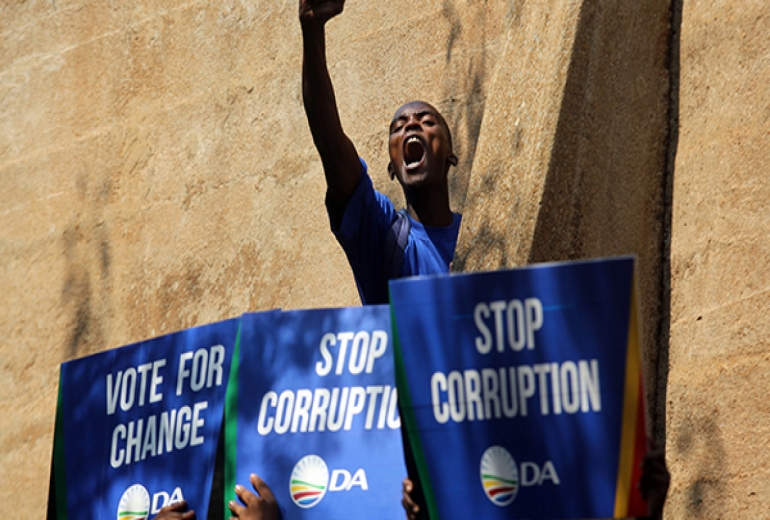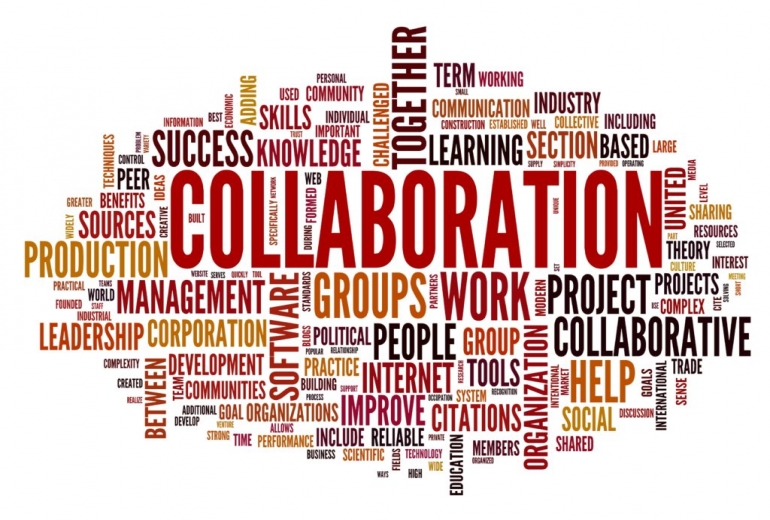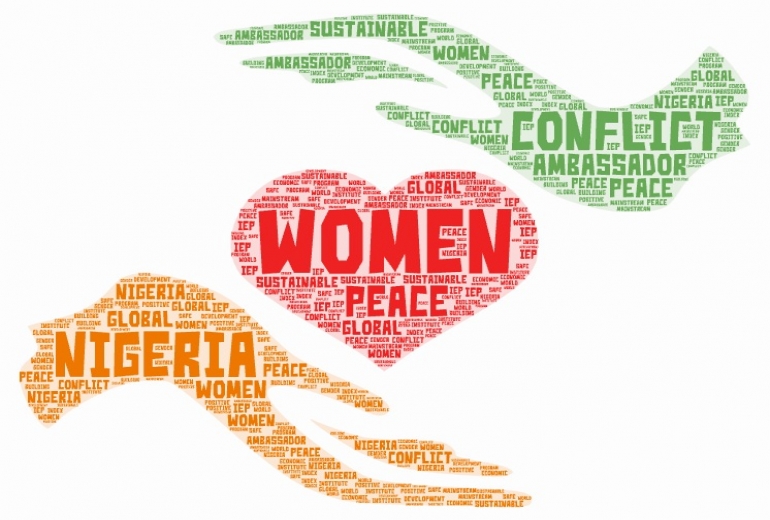
By Chinenye Nnamani Florence
Introduction
Looking at the general terrorism situation in Sub-Saharan Africa, the Global Terrorism Index 2024 revealed that the region was largely impacted by terrorism in 2023 followed by the Middle East and North Africa. Also out of the ten most impacted countries by terrorism, Nigeria falls in the eighth place. According to the 2023 Global Peace Index, Nigeria is 37 in the Sub-Saharan category with an overall score of 2.713 and a score change of 0.049. This paragraph aims to give a brief overview of the security situation of Sub-Saharan Africa and Nigeria and give a foundation for the subject of our discussion.
Since 2010, the conflict between the Nigerian government and Boko Haram militants has brought violence and destruction to Northeast Nigeria and led to the displacement of over two million people (Hartman, 2019). The conflict in Nigeria has had a different impact on women and girls compared to men and boys. While men are the main participants in the conflict, armed groups have targeted civilian women, using them as symbols in the struggle against the Nigerian State. Boko Haram's tactics have caused widespread fear of abduction and sexual violence against women. Additionally, the death of male family members and family separation due to displacement are other factors that have shaped how the conflict has affected women and girls in Northeast Nigeria.
Women and girls are especially vulnerable to the threat of sexual violence, owing to cultural practices of gender inequality; vulnerability becomes more pronounced during conflict times as women engage in “Transactional sex” to make ends meet. Gender norms also impact the roles that both sexes play in conflict contexts. In camps for displaced people, women face mental and sexual health challenges in the context of limited access to quality healthcare and justice. Inconsistent humanitarian support has led to a cycle of food and nutrition insecurity, economic deprivation and dependence. Also, the failure to recognize the diverse experiences of women leads to responses that are not aligned with their needs, which can either fail to improve their circumstances or lead them back into the situations they were rescued from.
Recognizing that conflict affects women differently, it is therefore pertinent that their opinion is mainstreamed into the peacebuilding process to ensure more positive peace in the future.
Positive peace is said to be the attitudes, institutions and structures that create and sustain peaceful societies. This means that there is more to peace than just the absence of war. The Global Index 2023 stated that higher levels of positive peace are linked to greater income growth, better environmental outcomes, higher levels of well-being, superior developmental outcomes and stronger resilience. In bringing this notion of positive peace to bear on the subject of our discussion, when women affected by conflict are relegated to the background, efforts made in the peacebuilding process may bear little or no fruit. The reason for my argument is hinged on the key pillars of Positive peace especially acceptance of the rights of others, high levels of human capital and equitable distribution of resources.
Concerning the acceptance of the rights of others, women should be involved in all the stages of conflict resolution. Conflict affects genders differently therefore everyone's opinion must be considered for a more robust solution to be made to avoid a relapse. Security problems are not unidirectional; they are highly interactive, diffuse, dynamic and complex. As Adebanjo stated, a gender-sensitive approach to peacebuilding acknowledges the vulnerability that women and girls face and ensures that they are protected from violence. In some cases, our bodies become war zones, and rape and sexual violence are used as weapons of war (Adebanjo, 2021). Therefore, when post-conflict planning and post-conflict financing takes place, these challenges women face should be addressed. As Oluremi stated, the continued marginalization of women in peacebuilding and conflict resolution processes has affected development and community resilience, particularly at the local level, since tradition does not encourage women's leadership (Oluremi, 2021).
Furthermore, in factoring high levels of human capital and equitable distribution of resources in the analysis, all genders should be considered when human development programmes and resource distribution are ongoing. The reason is in a conflict environment there are a lot of role changes where women become heads of families usually as a result of the death of loved ones or due to displacement or missing family members. These forms of empowerment would go a long way in increasing their capability to fend for themselves, and their families and reduce their vulnerabilities to gender-based violence.
In conclusion, positive peace is a gauge of societal resilience or the ability to shield citizens from shock (Institute for Economics & Peace, 2023). It also provides an optimal environment for humans' potential to flourish. It is therefore critical that gender mainstreaming in peacebuilding efforts in Nigeria should be embraced to engender sustainable development.
References
Adebanjo, K. (2021, March 9). Women’s Participation Needed In Nigerian Peace-Building Processes, Experts Say. Retrieved May 29, 2024, from https://humanglemedia.com/womens-participation-needed-in-nigerian-peace-building-processes-experts-say/
Ajayi, T. F. (2021, Feb 2). Nigeria must rethink responses to women displaced by Boko Haram. The Conversation. Retrieved May 29, 2024, from https://theconversation.com/nigeria-must-rethink-responses-to-women-displaced-by-boko-haram-150798
Hartman, A. (2019). The HLP Rights of Conflict Affected Women in Northeast Nigeria. Norwegian Refugee Council.
Institute for Economics & Peace. (2023). Global Peace Index 2023: Measuring Peace in a Complex World. Sydney. Retrieved May 31, 2024, from http://visionofhumanity.org/resources
Institute for Economics & Peace. (2024). Global Terrorism Index 2024: Measuring the Impact of Terrorism. Sydney. Retrieved May 31, 2024, from http://visionofhumanity.org/resources
KOLAWOLE, O. (2021, June 27). Women’s Involvement in Grassroots Peacebuilding in Nigeria. Retrieved May 29, 2024, from https://bbforpeace.org/blog/2021/06/27/womens-involvement-in-grassroots-peacebuilding-in-nigeria/
Oluremi, S. (2021). WOMEN, PEACE AND SECURITY IN NIGERIA: EXAMINING THE DOMESTIC AND INTERNATIONAL LEGAL FRAMEWORK. NAUJILJ, 12(1), 46-60

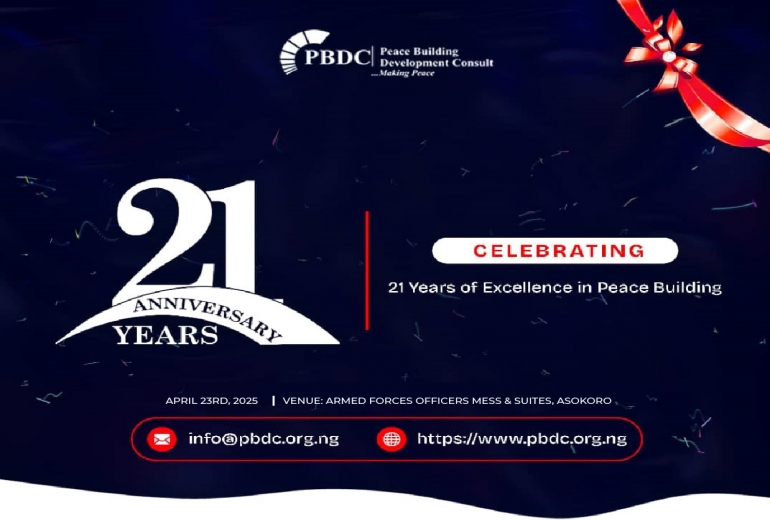
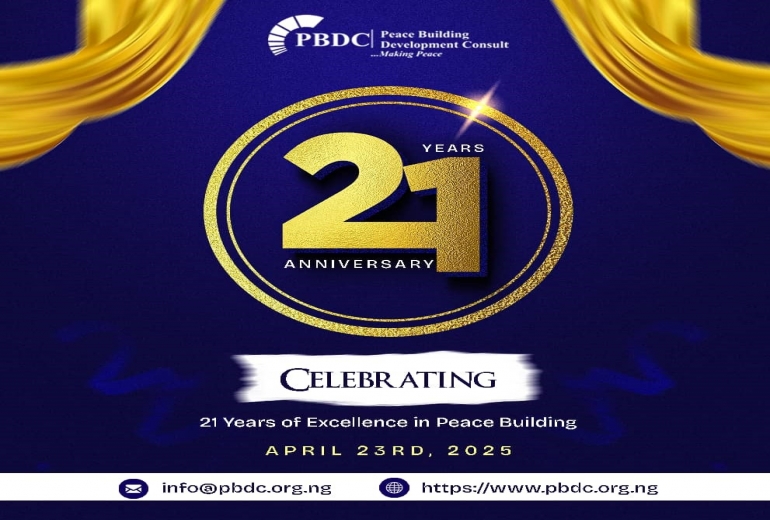
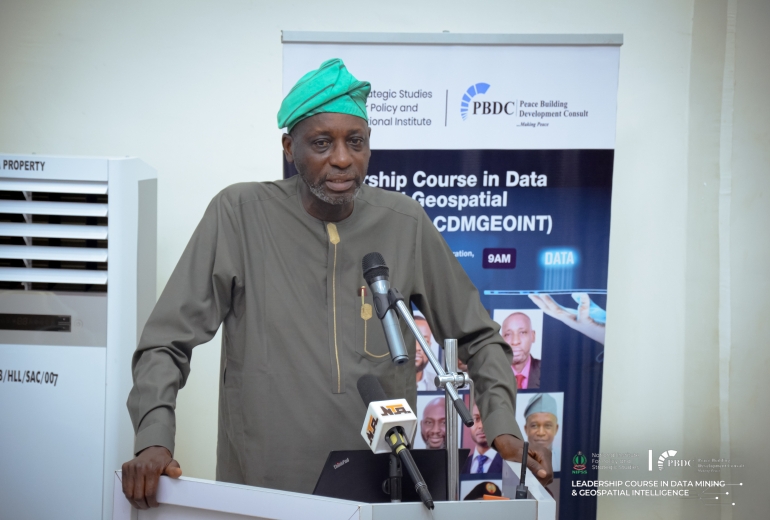
.jpg)
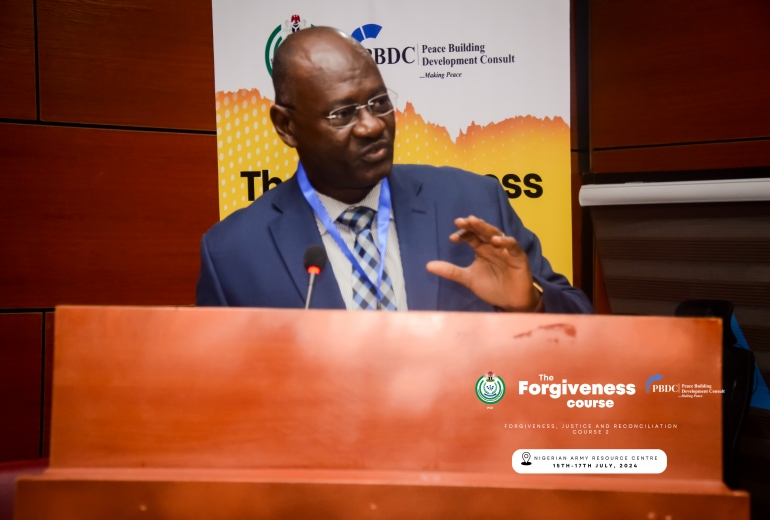
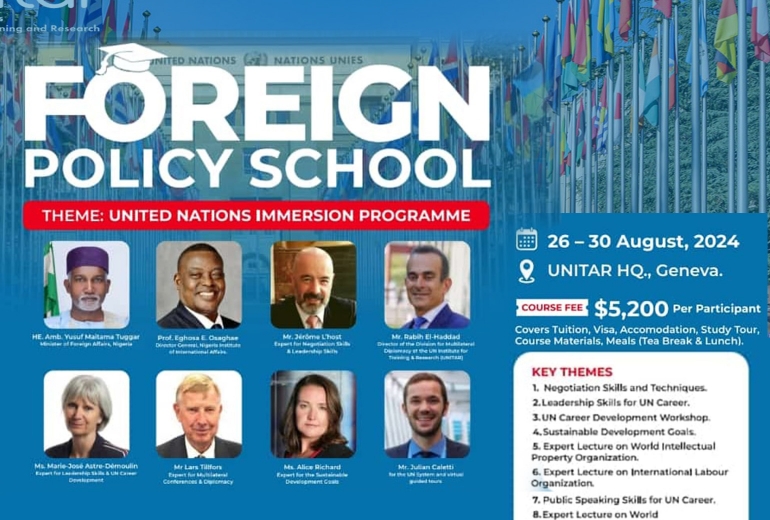
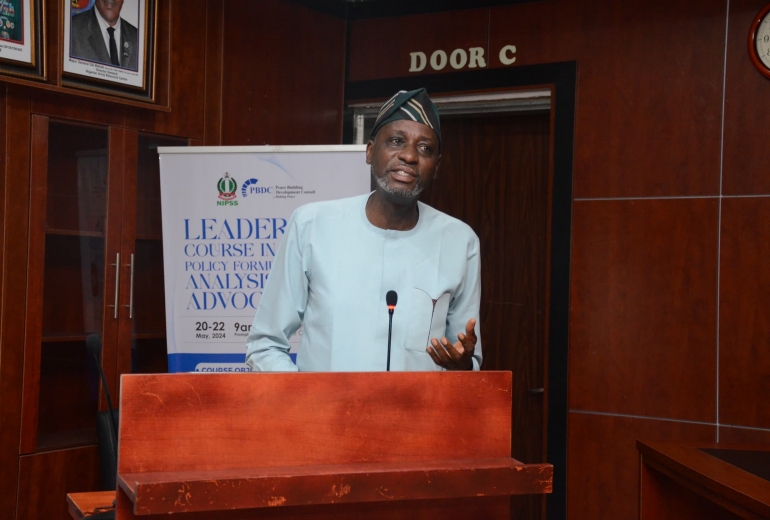

.jpg)

